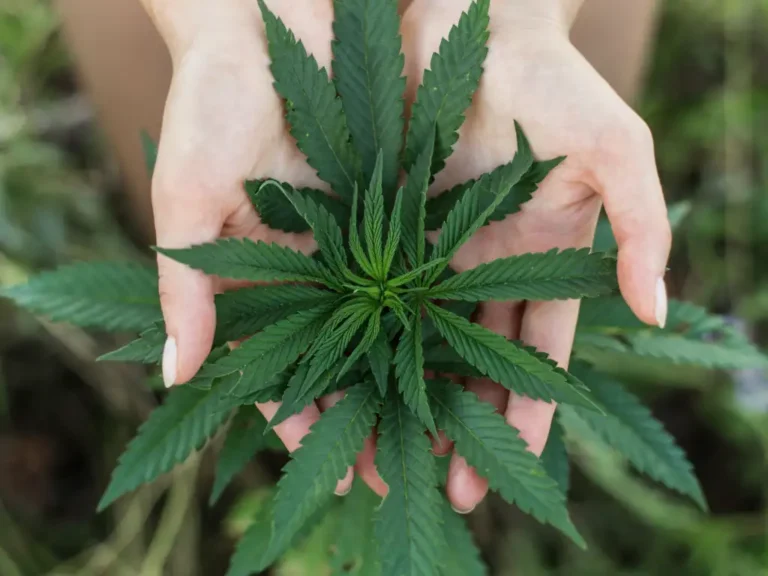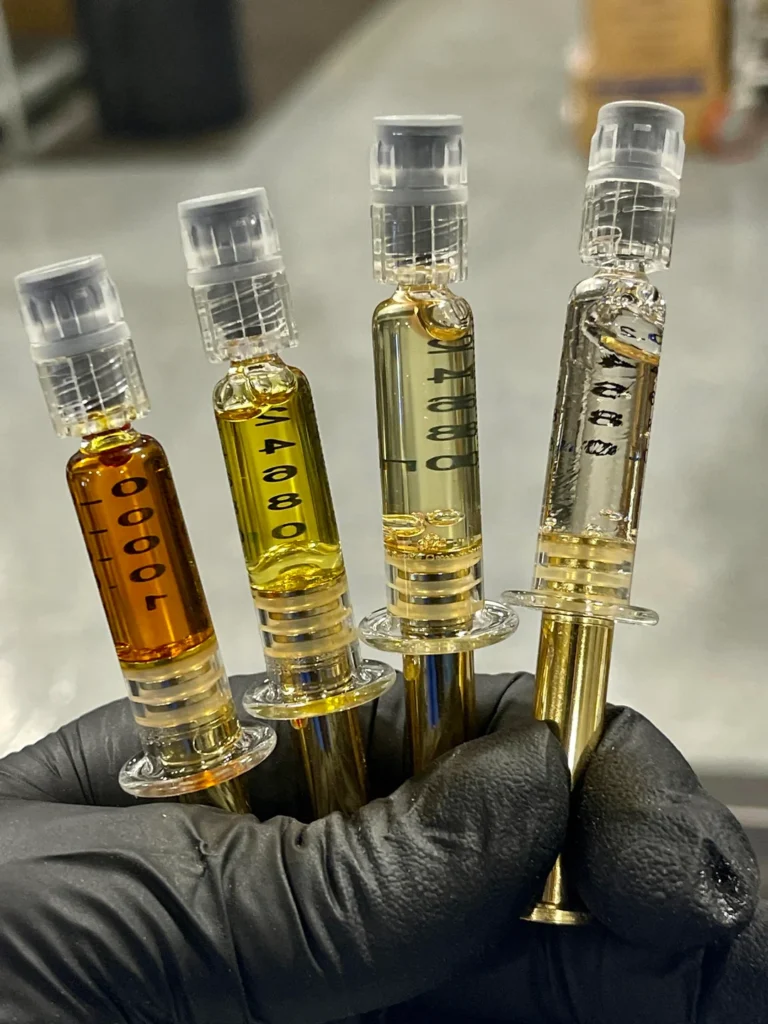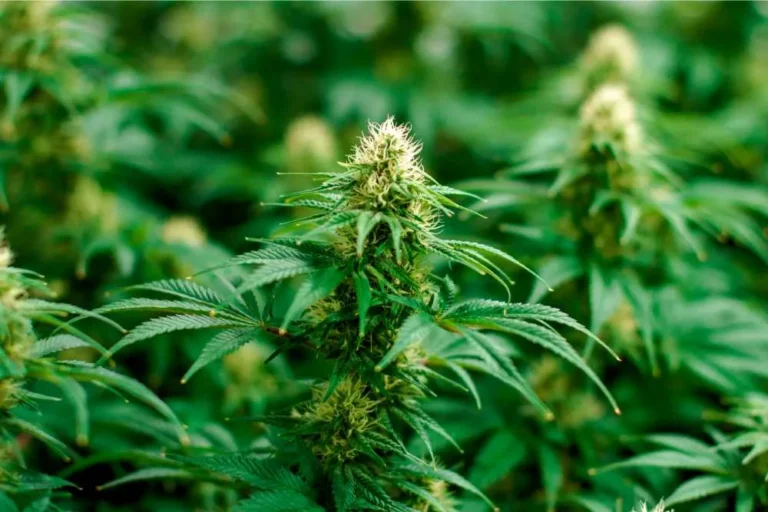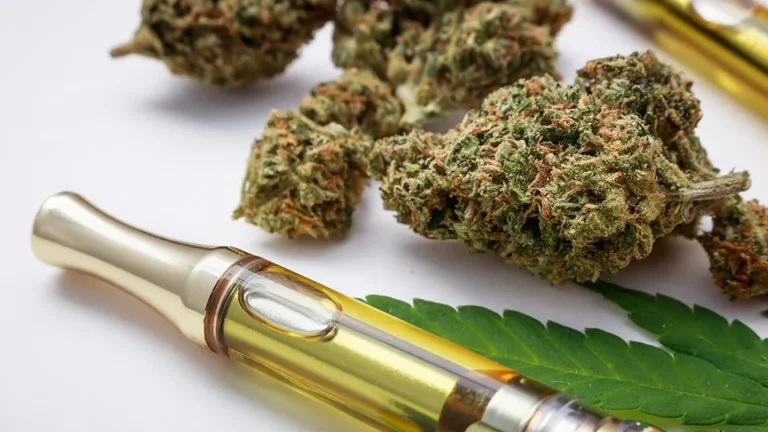Delta 9 And Caffeine
The interaction between cannabis and common stimulants has become a fascinating topic as the cannabis industry continues to grow. One particularly interesting combination is Delta 9 THC, the psychoactive compound in cannabis, and caffeine, the most widely consumed stimulant globally. Understanding how Delta 9 THC and caffeine influence each other can provide valuable insights for both recreational users and researchers.
Delta 9 THC, scientifically known as delta-9-tetrahydrocannabinol, is known for producing feelings of euphoria, relaxation, and altered perception. It works by interacting with the body’s endocannabinoid system, specifically binding to CB1 receptors in the brain, which is responsible for its psychoactive effects. Caffeine, found in coffee, tea, and other beverages, is a stimulant that affects the central nervous system by blocking adenosine, an inhibitory neurotransmitter. This action increases neuronal activity and the release of neurotransmitters like dopamine and norepinephrine, resulting in heightened alertness, reduced fatigue, and an increase in energy. Understanding how these two substances affect the body when combined opens up new avenues of exploration for users and scientists alike.
The mix of Delta 9 and caffeine presents an interesting contrast, as these substances generally produce opposing effects. Delta 9 THC tends to induce relaxation and, in larger doses, can even lead to drowsiness. On the other hand, caffeine is famous for its ability to counteract sleepiness and increase energy levels. When combined, Delta 9 and caffeine create a distinctive effect that some users find particularly appealing.
Many people are drawn to this combination to balance the calming and psychoactive effects of THC with the invigorating properties of caffeine.
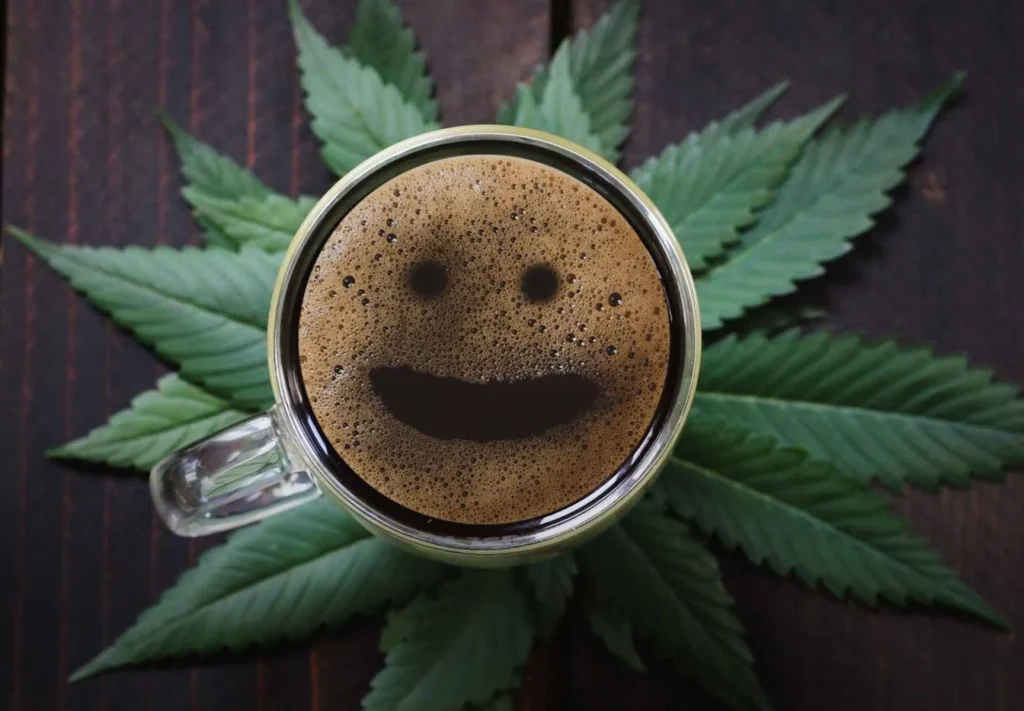
Combining Delta 9 THC with caffeine can lead to a more balanced high, particularly for those who find Delta 9’s sedative effects too intense. For example, enjoying a cannabis-infused beverage alongside a cup of coffee might offer a blend of relaxation and alertness, which could be ideal for social events or creative activities where mental clarity is desired while still benefiting from THC’s calming effects.
Yet, the interaction between Delta 9 and caffeine is complex and varies from person to person. Individual reactions can differ based on factors like tolerance, metabolism, and sensitivity. Some may find that caffeine intensifies the effects of Delta 9, leading to heightened euphoria, while others might experience increased anxiety or jitteriness due to caffeine amplifying THC’s psychoactive effects. Understanding how each person responds to this combination is essential when experimenting with it.
The potential therapeutic benefits of combining Delta 9 with caffeine also deserve attention. Caffeine’s stimulating effects could help counteract cognitive issues associated with high doses of Delta 9 THC, such as short-term memory problems and decreased attention span. This synergy might be beneficial for medical cannabis patients who need pain relief or other therapeutic benefits from Delta 9 but also wish to stay alert during the day. Additionally, for those using cannabis to address symptoms like depression or fatigue, caffeine’s potential to reduce THC’s sedative effects could be advantageous.
However, caution is necessary when combining these substances. Moderation is crucial, and starting with lower doses can help minimize adverse effects. It’s also important to consider the timing of caffeine consumption, as its stimulating effects can last several hours and may disrupt sleep if consumed too late in the day.
In summary, exploring the combination of Delta 9 and caffeine reveals an intriguing aspect of cannabis consumption. This pairing offers a distinctive experience that blends relaxation with alertness, potentially providing both recreational and therapeutic benefits. However, due to varying individual responses, it’s important to approach this combination thoughtfully. As the cannabis industry evolves, studying how Delta 9 interacts with everyday substances like caffeine will continue to shed light on the diverse effects and potential applications of cannabinoids.

